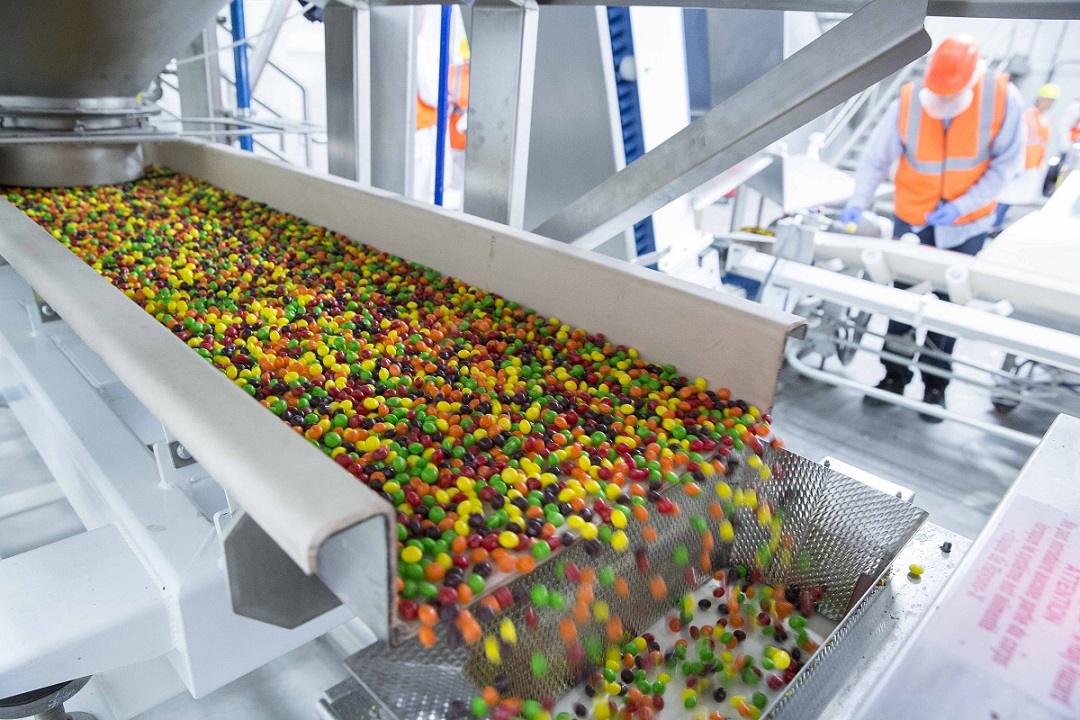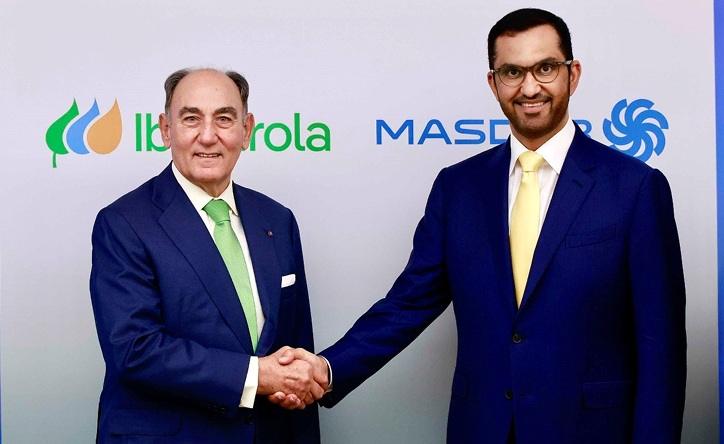Mars Sets Sights on Supply Chain Emissions, Links Exec Pay to Climate Action
Multinational confectionery, pet food, and pet care services and products provider Mars, announced today a new climate commitment, aiming to achieve net zero greenhouse gas (GHG) emissions across its full value chain by 2050. As part of its strengthened climate plans, Mars also stated that it will link executive pay with the delivery of emissions reduction.
The announcement marks a significant acceleration of the company’s climate ambitions, particularly in areas outside of the company’s direct control, with boosted targets for scope 3 emissions reductions across sources such as business travel, retail customer emissions, use of sold products, and product end-of-life.
Grant F. Reid, Mars Chief Executive Officer, said:
“To deliver meaningful impact and ensure it is fit for purpose, our net zero target covers our entire GHG footprint, from how we source materials through to how consumers use our products and, we’re mobilizing our entire business around taking action now and hitting interim targets every five years. This is going to be a significant challenge, and it we won’t be able to achieve net zero without the collaboration of our associates, suppliers, customers, consumers and industry partners. It’s so important that we work together to drive scale and reach.”
Several of the initiatives outlined by Mars to reach its new goals are aimed at addressing extended value chain emissions and impact. These include redesigning its supply chain to help stop deforestation and conversion of natural ecosystems for high-risk raw materials such as cocoa, beef, palm oil, pulp and paper and soy. Mars stated that it will shift away from purchasing ingredients based on cost alone, and will focus on enhanced transparency and traceability around the commodities it sources. The company also plans to scale up programs with farmers to move towards sustainable and regenerative agriculture, and to encourage its 20,000 suppliers to take climate action, including initiatives to calculate their own GHG emissions and set science based climate targets.
Barry Parkin, Mars Chief Sustainability and Procurement Officer, said:
“More than three quarters of our impacts are embedded in the materials that we purchase – so we must change what we buy or where we buy it or, perhaps more importantly, how we buy it. It is also clear that further transformation of agriculture is needed. We will push the boundaries of what is possible through regenerative agriculture, and this will require an acceleration of our work, along with deeper and more integrated partnerships with our suppliers, and stronger government frameworks that incentivize sustainable practices.”
In its own operations, Mars aims to transition to 100% renewable energy. The company already sources 100% renewable electricity in 11 countries, accounting for over half of its global electricity needs, and expects to add another 8 countries to this list by 2025.
According to the company, any residual emissions that it cannot reduce to zero will be neutralized with real, durable, and socially beneficial carbon credits.
Mars also announced that it is joining the Science Based Targets Initiative’s (SBTi) “Business Ambition for 1.5C pledge” and the Race to Zero. Race to Zero is a global campaign designed to rally leadership and support from businesses, cities, regions, and investors committed to achieving net zero carbon emissions by 2050 at the latest, launched under the stewardship of the United Nations Framework Convention on Climate Change (UNFCCC). Business Ambition for 1.5°C is an SBTi-led initiative calling on companies to commit to set ambitious science-based emissions reduction targets in line with a 1.5°C future.
To align with the Science-Based Target Initiative upcoming rules on net zero commitments, Mars stated that it is planning to release a full net zero roadmap in 2022.
The company stated that its new commitments follow the recent publication by the UN backed IPCC of a landmark report, warning that the planet is at risk of failing to achieve the goals of the Paris Agreement unless drastic reductions in greenhouse gas emissions are made.
Reid said:
“The scale of global intervention must be bolder and faster. Climate change is already impacting the planet and people’s lives. To mitigate this real and tangible threat, the science tells us net zero targets must be broad in their reach, capturing emissions across the entire value chain and plans need to have material, interim targets. We can’t wait decades to see progress.”





